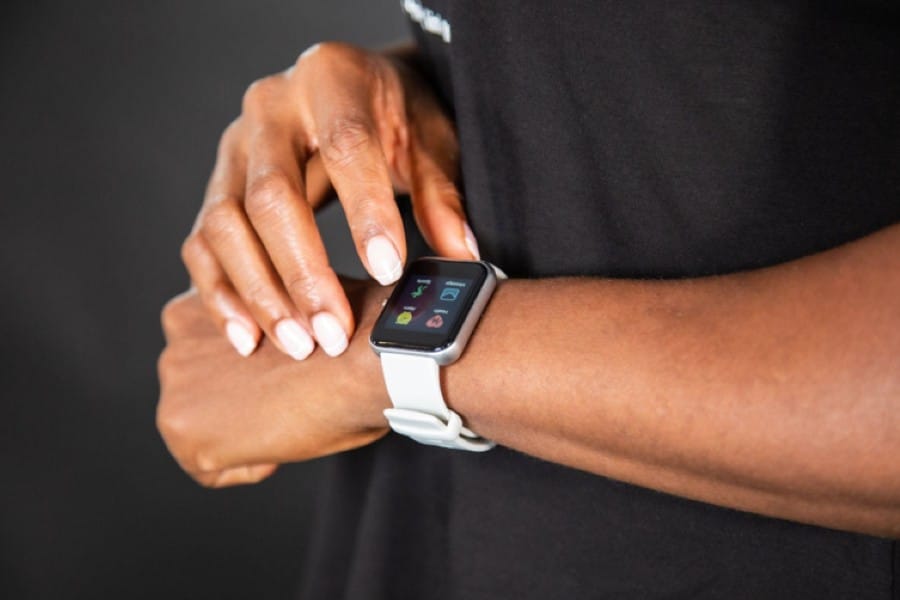Elevating Fitness Tracking: Exploring the Latest Innovations in Wearable Devices
In this article, we delve into the latest features and innovations in fitness tracking devices, highlighting how they are revolutionizing the way we monitor and improve our health and fitness.


Fitness trackers have come a long way since their inception, evolving into sophisticated wearable devices that offer far more than just step counts and calorie tracking. In this article, we delve into the latest features and innovations in fitness tracking devices, highlighting how they are revolutionizing the way we monitor and improve our health and fitness.
Advanced Health Monitoring Sensors
Modern fitness trackers are equipped with an array of advanced sensors that enable comprehensive health monitoring beyond basic activity tracking. These sensors can measure various physiological parameters such as heart rate, blood oxygen saturation (SpO2), skin temperature, and even electrocardiogram (ECG) readings. By providing real-time insights into vital health metrics, fitness trackers empower users to better understand their body's responses to exercise, stress, and sleep, facilitating informed decision-making for overall well-being.
Sleep Tracking and Analysis
Sleep tracking has emerged as a prominent feature in fitness trackers, offering insights into sleep duration, quality, and patterns. Advanced sleep tracking algorithms use movement sensors and heart rate variability to detect different sleep stages, including light, deep, and REM sleep. By analyzing sleep data over time, fitness trackers can provide personalized sleep insights and recommendations to help users optimize their sleep hygiene and improve sleep quality, ultimately enhancing overall health and performance.
Stress Management and Relaxation Techniques
Recognizing the importance of mental well-being, many fitness trackers now incorporate features for stress management and relaxation. These features may include guided breathing exercises, mindfulness meditation sessions, and stress level monitoring based on heart rate variability. By promoting stress awareness and offering tools for relaxation, fitness trackers empower users to manage stress more effectively, leading to improved mental health and resilience in the face of everyday challenges.
Sports and Activity-Specific Tracking
Fitness trackers have become increasingly specialized, catering to specific sports and activities with tailored tracking metrics and modes. Whether it's running, cycling, swimming, or weightlifting, modern fitness trackers offer dedicated modes that provide accurate performance data such as distance, pace, stroke count, and rep counting. These sports-specific tracking features enable users to set and track personalized fitness goals, monitor progress, and optimize training routines for maximum efficiency and effectiveness.
Smartphone Integration and App Ecosystems
Integration with smartphones and companion apps has become standard for fitness trackers, allowing users to sync, analyze, and share their activity data seamlessly. Advanced app ecosystems offer a wide range of features, including personalized workout plans, nutrition tracking, social challenges, and coaching insights. By leveraging the power of data analytics and community support, fitness tracker apps empower users to stay motivated, accountable, and engaged in their health and fitness journey.
Conclusion
The latest innovations in fitness tracking devices represent a convergence of cutting-edge technology and human-centric design, empowering users to take control of their health and fitness like never before. With advanced health monitoring sensors, comprehensive sleep tracking, stress management features, sports-specific tracking modes, and robust app ecosystems, modern fitness trackers offer a holistic approach to well-being that extends beyond mere step counts and calorie tracking. As these devices continue to evolve, they hold the potential to revolutionize the way we approach health, fitness, and self-care, empowering individuals to live healthier, happier, and more active lives.